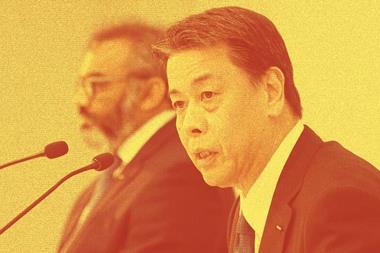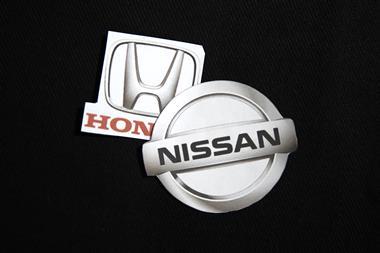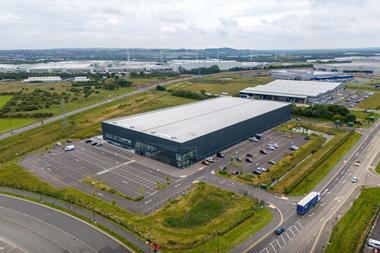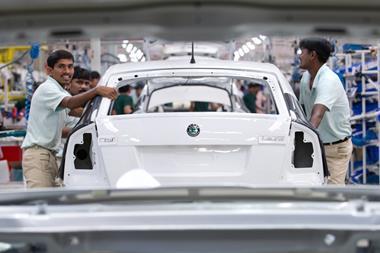Faced with rising tariffs on imports, Nissan will reduce Rogue SUV production in Japan and ramp up output in Tennessee. The move is a clear response to tightening US trade policy and reflects a wider recalibration of global manufacturing among carmakers.

“Roughly 16% of Nissan’s US sales last year were vehicles exported from Japan”
It is becoming ever more costly to think globally but manufacture globally. Nissan, Japan’s second-largest carmaker, has joined a growing cohort of manufacturers rethinking production footprints in light of tightening US trade policy. The company is preparing to shift more of its production for the American market from Japan to the United States, concentrating Rogue SUV output at its Smyrna plant in Tennessee.
The decision, reported by Nikkei and confirmed by company insiders, comes as the United States prepares to enforce tariffs of up to 25% on imported vehicles. The Rogue, one of Nissan’s top-selling models in the US, is currently produced at both the Fukuoka plant in western Japan and in Smyrna. Nissan now plans to reduce output in Japan and expand capacity in Tennessee, reflecting a strategic pivot aimed at preserving competitiveness in a market where it sold 920,000 vehicles last year.
Adapting production to economic change
Roughly 16% of Nissan’s US sales last year were vehicles exported from Japan. With tariffs threatening to inflate prices on imported models, the calculus has shifted decisively in favour of localisation. Smyrna, which had been scheduled to cut back production to a single shift in April, will now maintain two full shifts to accommodate the realignment. It is a reversal from Nissan’s earlier January announcement, and a telling signal of how rapidly trade policy can reshape industrial operations.
This change will have knock-on effects. Suppliers in Japan serving the Fukuoka plant may see volumes decline, while Tier 1 and Tier 2 vendors in the US South stand to benefit. In an increasingly transactional trade environment, industrial geography is being redrawn not by efficiency or scale but by political risk and tariff exposure.
“Production of these vehicles will continue for other regions, including Mexico, Panama, the Middle East, and Canada
- Nissan
The impact is already rippling beyond the Rogue. Nissan has also announced it will suspend new US orders for two Infiniti SUV models produced at the COMPAS plant in Aguascalientes, Mexico, a joint venture with Mercedes-Benz. “Production of these vehicles will continue for other regions, including Mexico, Panama, the Middle East, and Canada,” said a Nissan spokesperson. The move signals a broader retreat from cross-border production for the US market, particularly when origin rules and tariff classifications remain volatile.
Read more Nissan stories
- Nissan cuts vehicle production and jobs as profits plummet by 78%
- US tariffs threaten North American auto production
- Nissan’s green steel commitment to see 500% surge across Japan
- Nissan to halt AD van production as Honda merger takes shape
Other OEMs adapting their production outputs
Other automakers are also adapting. Jaguar Land Rover has reportedly paused deliveries to the US in the face of the same tariff threats. Hyundai, seeking to maintain customer trust, has pledged to hold its vehicle prices steady until June despite the uncertainties. For global manufacturers, the message is clear: hedging against policy volatility now demands redundancy, regionalisation and more nimble supply chains.
At Nissan, this realignment is a signal of long-term intent. While it remains committed to Japanese manufacturing, its readiness to scale down domestic output in favour of North American production reflects a deeper trend. With electrification, supply security and regulatory divergence already prompting major investments in new platforms, the reimposition of tariffs adds a further dimension of complexity.
Carmakers used to chase cost efficiencies and economies of scale across borders. Today, they are increasingly forced to chase stability — and sometimes proximity to Washington. Nissan’s reshuffle is unlikely to be the last.






































No comments yet